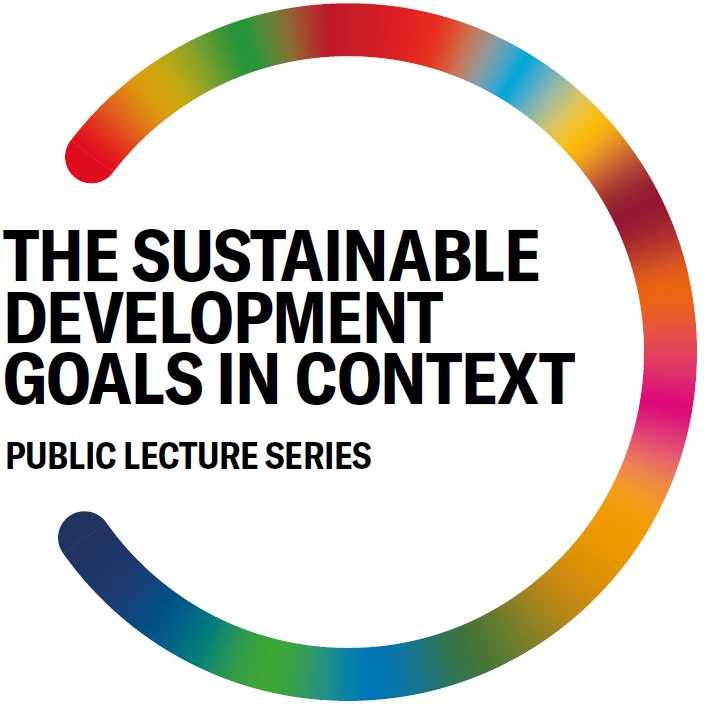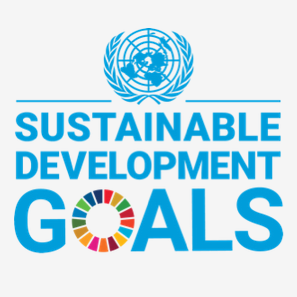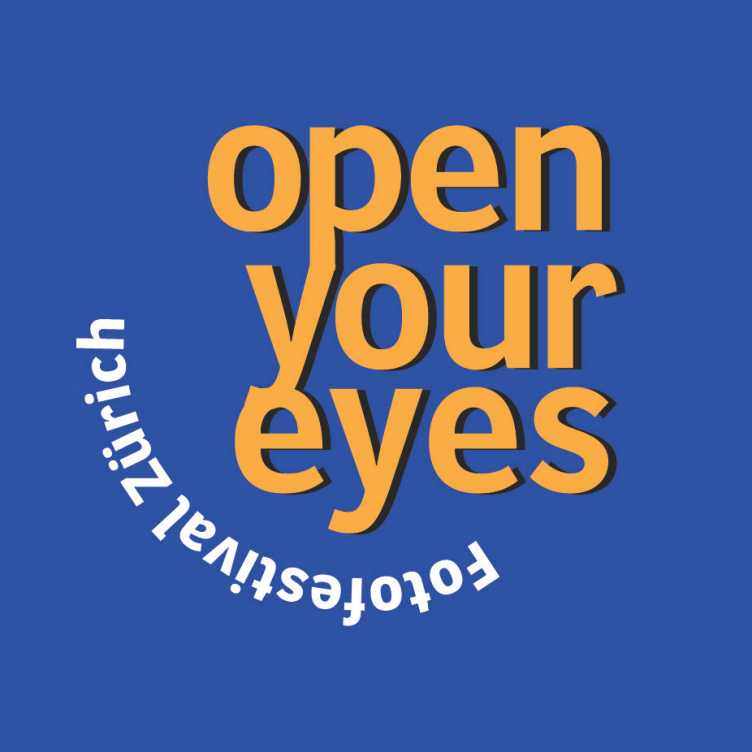ETH Zurich and the 2030 Agenda
The 2030 Agenda for Sustainable Development, adopted by all United Nations member states in 2015, offers a global vision for a sustainable future.
At the heart of the 2030 Agenda are the 17 Sustainable Development Goals (SDGs) and their 169 targets. The SDGs represent an urgent call to action by all countries in a global partnership.
Recently at ETH Zurich

24 September to 4 December 2024
The fifth edition of our public lecture series "The Sustainable Development Goals in Context" is happening! The lecture series offers insights into current research and practice and takes place online as a dialogue event for a broad audience. Information and registration

ETH Zurich aims to equip students with relevant knowledge and skills to contribute to sustainable development, regardless of the degree programme they are pursuing. In our catalogue you will find a current selection of ETH courses and their relation to the 17 Sustainable Development Goals.

ETH Zurich participated as the scientific partner in the Open Your Eyes photo festival in Zurich. The unique open-air exhibition focused on the 17 UN Sustainable Development Goals and combined world-class photography with world-class science. More information
More information on the 2030 Agenda

In a historic vote on 25th September 2015, all United Nations member states ratified the Agenda 2030. The 17 Sustainable Development Goals (SDGs) and their 169 targets form the core of this document.
Striking a fine balance, they account for the economic, social and ecological dimensions of sustainable development. The Agenda 2030 is considered an important political milestone in international cooperation in the field of sustainable development.
In contrast to the Millennium Development Goals (MDGs) formulated in 2000, which focused primarily on developing countries, the goals of the Agenda 2030 apply to all countries. This means that all countries are equally called upon to jointly solve the world's pressing challenges and commit to sustainable development within their means.
With the rise of "fake news" and an emergence of conspiracy theories, objective knowledge and sound technical solutions are needed more urgently than ever. By providing knowledge, innovation, and science-based solutions, universities can contribute to the achievement of the SDGs. Equally important is the role of universities in educating leaders who will later take responsibility for sustainable development.